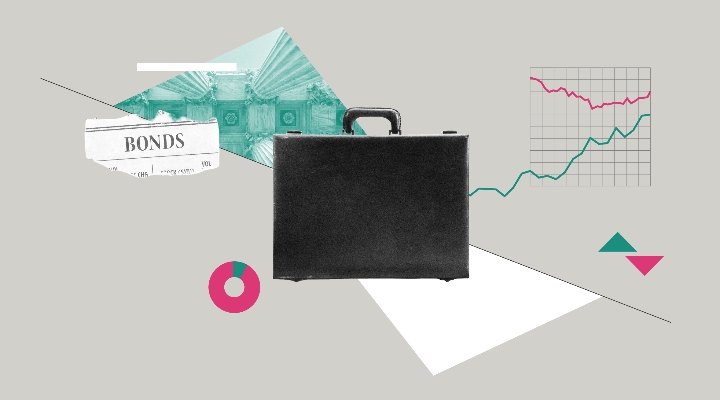Britain's largest buy-to-let lender Paragon Group has launched its second retail bond - eleven months after the first issue sold out in just 10 days.

Many retail bonds have been forced to close early due to demand

The specialist mortgage provider has launched the bond today, promising to pay 6.125% for eight years. The bond will be issued a £100 a holding, although there is a minimum investment requirement of £2,000.
Interest will be paid twice a year, on January 30 and July 30. The bond is eligible to be held within an ISA. If investors chose to hold the bond within an ISA they will not be eligible for income tax.
Applications close on January 27, although Paragon's first bond closed early after reaching its target of £60 million.
There has been a swath of retail bond issues over the last three years as Bank Rate and the Funding for Lending scheme pushed cash savings rates lower. Many retail bonds have been forced to close early due to demand, pulling the offers after just days on the market. Unlike cash bond deposits, retail bonds are not covered by the Financial Services Compensation Scheme. The value of your investment can go down as well as up, although investors who bought at launch should have their initial deposit refunded in full as long as the company who issued the bond is financially secure. In the event that the company is declared bankrupt you could lose your capital.
Paragon’s initial retail bond, launched in February last year paid 6% for seven years and required a minimum deposit of £2,000.
At the time, chief executive of Paragon, Nigel Terrington, said: "We are delighted with the success of our debut retail bond. The positive response from investors demonstrates the attractiveness of Paragon. The bond complements our already strong balance sheet, allows us to diversify our funding base and extend the tenor of our borrowings.”
Adrian Lowcock of stockbroker Hargreaves Lansdown said retail bonds on the Order Book of Retail Bonds (ORB) can be bought and sold during normal market hours like stocks allowing investors the opportunity to both value and sell the bond.
"Personal circumstances can change, so being able to sell your investment when you want and at a fair value should be paramount," said Lowcock.
"The ORB has helped to provide essential liquidity to investors, but it also allows the bond to be held inside a SIPP and ISA wrappers.”
Some retail bonds are not listed on the ORB and can therefore not be traded. These are called mini-bonds and are a significantly more risky investment. If you are considering investing in retail bonds, check whether they can be traded before buying.




























